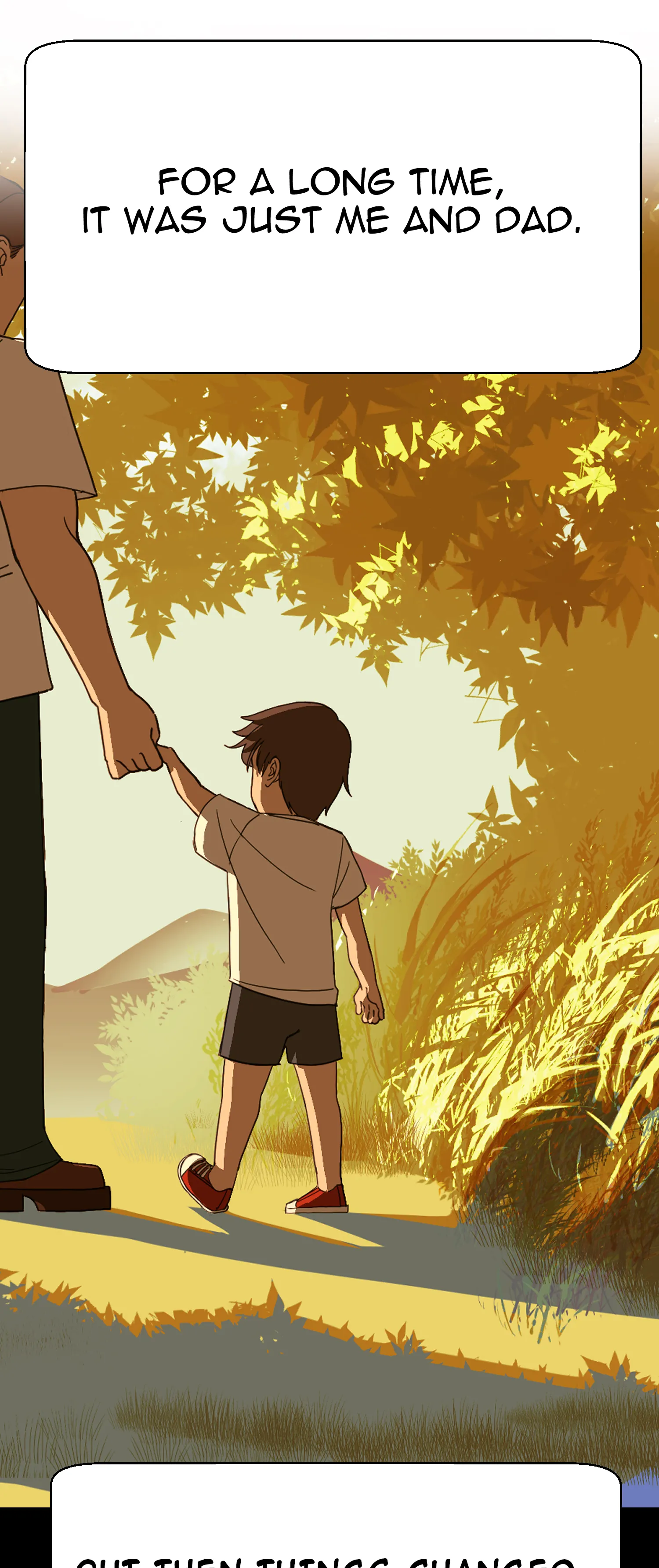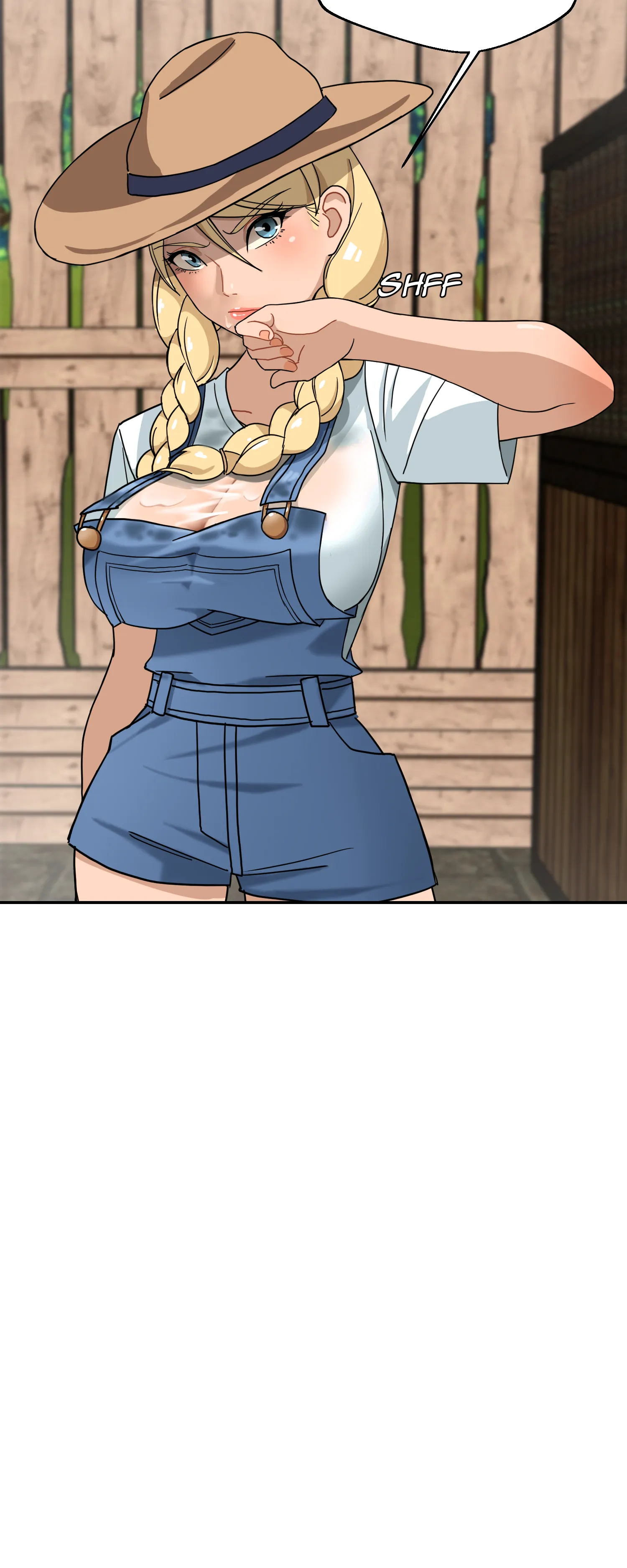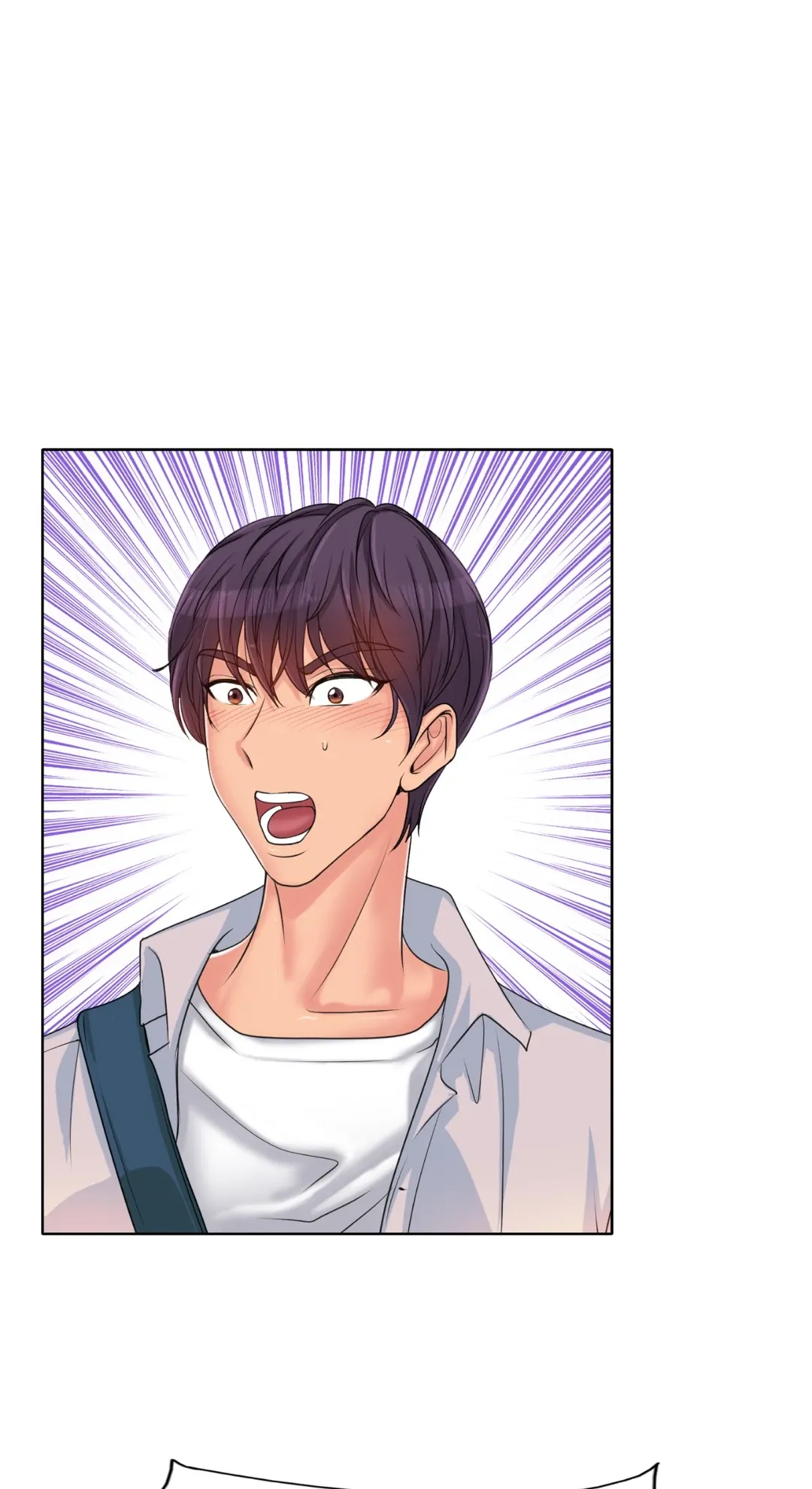Teach Me: Finding Your First Comic Adventure
There's a special kind of excitement when you think about starting something new, isn't there? It's like standing at the edge of a big, vibrant world, full of stories just waiting for you to discover them. Perhaps you've heard friends talk about amazing graphic novels or seen stunning artwork online. Maybe you're just curious, wondering what all the fuss is about. This feeling, this curiosity, is a great place to begin your own comic journey.
Much like you'd seek reliable, updated coverage to understand what's occurring in Colombia today, or perhaps how the cultural sector might fare as we move into 2025, finding your first comic requires a bit of reliable guidance and a good starting point. You want to know what's out there, what might speak to you, and how to make sense of it all. It can seem a bit much at first, but it's really not that hard to get going.
This guide is here to help you, to be your friendly companion as you look to **teach me.first comic**. We'll walk through some simple steps, making sure you feel ready to pick up that very first story and perhaps, just perhaps, find a new passion. You might be surprised at how much you enjoy it, you know.
Table of Contents
- Understanding What a Comic Is
- Why Start Reading Comics?
- Finding Your First Comic: What to Look For
- Where to Get Your First Comic
- How to Read a Comic for the First Time
- Tips for New Comic Readers
- Frequently Asked Questions
- Taking the Next Step
Understanding What a Comic Is
So, what exactly is a comic? Well, it's a way of telling a story using pictures and words together. Think of it like a movie on paper, but you control the pace. The pictures show you what's happening, and the words, often in speech bubbles, let you hear what characters are saying or what the narrator is thinking. It's a very visual form of storytelling, which is pretty cool, you know.
There are different kinds, too. You have comic books, which are usually thin, magazine-like issues that come out regularly. Then there are graphic novels, which are often longer, self-contained stories, a bit like a book but with all the pictures. Both are ways to tell stories with sequential art, and that's the main idea, really.
It's a very old way of telling stories, actually. People have been drawing pictures to tell tales for a long, long time. Modern comics, as we know them, have been around for quite a while now, and they just keep getting better. You might find that some stories are truly powerful, very much so.
- Brigitte Macron Young
- Jameliz Benitez Only Fans
- Xxx Is Equal To 2024 Movie
- Hanalei Swan The 30m Shark Tank Deal She Turned Down Ndash What Happened
Why Start Reading Comics?
People pick up comics for many different reasons. For some, it's the amazing artwork. Artists put so much skill and feeling into every panel, creating worlds you can almost step into. For others, it's the stories. Comics can tell any kind of story you can imagine, from grand adventures to quiet, personal moments. There's a lot of variety, so you'll probably find something you like, you know.
They can also be a wonderful escape. When you're reading a comic, you get lost in the pages, forgetting about the everyday. It's a bit like watching a really good film, but you get to linger on each image. Plus, some comics deal with very important topics, making you think about things in new ways. It's a very engaging experience, for sure.
And then there's the community. A lot of people love talking about comics, sharing their favorite characters, and discussing plot twists. It's a nice way to connect with others who share a similar interest. You might find yourself making new friends, which is always a good thing, isn't it?
Finding Your First Comic: What to Look For
When you're ready to **teach me.first comic**, the sheer number of options can feel a bit much. It's okay to feel that way; everyone starts somewhere. The trick is to narrow down your choices by thinking about what you already enjoy. What kinds of movies do you like? What books do you read? This can give you some clues, more or less.
Genres and Styles
Comics come in every genre imaginable. Do you like superheroes? Of course, that's what many people think of first. But there's so much more. You can find fantasy stories with dragons and magic, science fiction tales set in distant galaxies, or even historical accounts that bring the past to life. There are also funny comics, horror comics, and even slice-of-life stories about everyday people. So, you really have a lot to pick from.
Think about what you're in the mood for. If you like true stories, there are non-fiction graphic novels that tell real-life events. If you prefer something light and funny, there are plenty of options there too. The art styles also vary a lot, from very realistic drawings to highly stylized, almost cartoon-like pictures. It's worth looking at different styles to see what catches your eye, actually.
For instance, if you enjoy thrilling plots, maybe a mystery comic would be a good fit. If you like deep character studies, perhaps an independent graphic novel is more your speed. The world of comics is very wide, so there's truly something for everyone, you know.
Single Issues vs. Collected Editions
This is a common question for new readers. Single issues are the individual comic books, released usually once a month. They're great for keeping up with ongoing stories, but they can be a bit tricky to jump into if you're not sure where a story begins. It's like trying to watch a TV show starting in the middle of a season. You might feel a little lost, you know.
Collected editions, often called trade paperbacks or graphic novels, gather several single issues into one volume. These are usually the best way to start reading a series. They offer a complete story arc or a good chunk of one, so you don't have to hunt down individual issues. They're also often cheaper than buying all the single issues separately. They're very convenient, too.
Many popular series have "Volume 1" editions specifically designed for new readers. These are a fantastic starting point because they tell you exactly where to begin. It's like getting the first season of a TV show on DVD. This way, you get the whole story from the start, which is pretty nice, isn't it?
Where to Get Your First Comic
Once you have an idea of what kind of comic you might like, the next step is finding it. There are a few places you can look, each with its own benefits. You might find one place suits you better than another, so it's worth checking them all out, you know.
Local Comic Shops
A local comic shop is often the best place to start. These shops are usually run by people who really love comics and know a lot about them. They can offer personalized recommendations based on your interests. It's like having a guide for your adventure, which is very helpful, you know.
Walking into a comic shop can feel a bit overwhelming at first, with all the colorful covers and shelves packed with books. But don't be shy! Just tell the staff you're new and want to **teach me.first comic**. They're usually very happy to help new readers find something special. Plus, it's a great way to support a local business, too.
You can also get a feel for different art styles by flipping through various books. The atmosphere in these shops is often very welcoming, a bit like a community hub for fans. You might even find some cool events happening there, so that's something to look into, really.
Libraries and Digital Platforms
Your local library is another fantastic resource. Many libraries have a good selection of graphic novels and collected editions. It's a great way to try out different comics without spending any money. You can borrow a few and see what you like before committing to a purchase. This is a very smart way to start, you know.
Digital platforms are also very popular. Apps like ComiXology or Marvel Unlimited let you read comics on your tablet or phone. Marvel Unlimited, for example, offers a huge library of Marvel comics for a monthly fee, which is a great value if you're interested in those characters. It's a very convenient option for reading on the go, too.
Some digital platforms also offer free samples or even full first issues, so you can try before you buy. This can be a good way to explore different series from the comfort of your home. You might find that you prefer reading on a screen, or you might still love the feel of a physical book. It's all about what works for you, you know.
How to Read a Comic for the First Time
Reading a comic is pretty straightforward, but there are a few things that might help you get the most out of it. Most comics read from left to right, just like a regular book. The panels, which are the individual pictures, usually follow this order across the page. So, you read the first panel on the left, then the next one to its right, and so on. It's quite intuitive, actually.
Speech bubbles are also read from left to right, or from top to bottom if they're stacked. The way the bubbles are drawn can tell you a lot too. A jagged bubble might mean someone is shouting, while a thought bubble looks like a cloud. The artist uses these visual cues to add more meaning to the words. It's a bit like reading body language, you know.
Take your time with the art. Don't just rush through to the words. The pictures are a big part of the story. Look at the details, the expressions on the characters' faces, the background. The artist puts a lot of effort into making those images tell part of the story, so it's worth paying attention. You might discover something new with each look, you know.
Tips for New Comic Readers
Starting something new can sometimes feel a little intimidating, but with comics, it's mostly about having fun. Here are a few simple tips to help you get started and keep going. They're just suggestions, of course, but they might make your experience better, you know.
Don't Be Afraid to Ask: If you're in a comic shop, ask the staff for help. They love helping new readers. If you're online, look for forums or communities where people talk about comics. They're usually very welcoming, actually.
Start with a Complete Story: As mentioned, collected editions or graphic novels are a great way to start. They offer a full story that you can enjoy from beginning to end without feeling lost. This helps you get a sense of accomplishment, you know.
Try Different Things: Don't stick to just one genre or publisher. You might think you only like superheroes, but then discover a fantastic historical comic that truly captivates you. The more you explore, the more you'll find what truly interests you. It's a bit like trying different foods, you know.
Re-read if You Need To: Sometimes, especially with very detailed art or complex plots, you might miss something. It's perfectly fine to go back and re-read a page or a chapter. You might even discover new details you missed the first time. It's a common thing, really.
Don't Feel Like You Have to Know Everything: The world of comics is huge, with decades of history for some characters. You don't need to know every single detail about every hero or villain to enjoy a story. Just focus on the story in front of you. You'll pick up more as you go along, apparently.
Enjoy the Art: Remember that comics are a visual medium. Take time to appreciate the artwork, the colors, and how the panels flow together. It's a big part of what makes comics special. The artists put a lot of work into it, you know.
Frequently Asked Questions
People often have similar questions when they're first getting into comics. Here are a few common ones, with some simple answers to help you out. You might have thought of some of these yourself, perhaps.
Q: Do I need to read everything in order?
A: Not always. For ongoing series, starting with a "Volume 1" is usually best. For standalone graphic novels, you can just pick it up and read. Many characters have different versions or reboots, so you can often jump into a new starting point without needing to know decades of backstory. It's really up to you and the specific comic, you know.
Q: Are comics just for kids?
A: Absolutely not! While there are many comics made for younger readers, a vast number are written for teens and adults. They cover complex themes, mature topics, and often have very sophisticated storytelling. Just like books or movies, comics are for all ages, actually. You'll find a wide range of content, so don't worry about that.
Q: What's the difference between a comic book and a graphic novel?
A: A comic book is typically a single, thin issue that's part of an ongoing series. A graphic novel is usually a longer, self-contained story, often published as a complete book. Think of comic books as TV episodes and graphic novels as full-length movies. Both are great, just different formats, you know. You might prefer one over the other.
Taking the Next Step
So, you've learned a bit about what comics are, why people enjoy them, and how to find your very first one. The next step is simply to pick one up and start reading. Don't overthink it. Find a story that looks interesting, perhaps something that reminds you of a movie you liked, and just give it a try. You might just find a new favorite pastime, you know.
The world of comics is very diverse, with so many voices and styles to explore. It's a truly rich form of storytelling that offers something unique. Just like staying informed about the news, whether it's national politics or cultural events, opens your mind, so too can reading comics. It's a way to see the world, and other worlds, through a different lens. You can learn more about the comics industry to see how much it has grown, too.
We hope this guide helps you feel confident as you **teach me.first comic**. Remember, there's no right or wrong way to enjoy a story. Just open the pages, look at the pictures, read the words, and let yourself get lost in the adventure. And hey, you can always learn more about storytelling on our site, and even link to this page for more tips if you want to keep exploring. Happy reading!
- Riley Greens Wife
- Sophie Rain Spider Man Video
- Neil Patrick Harris Amy Winehouse Cake
- Tim Scott First Wife

Honeytoon - "Teach Me First!", "Ep #1"

Honeytoon - "Teach Me First!", "Ep #2"

Honeytoon Comic: The Ultimate Guide To Discovering This Revolutionary